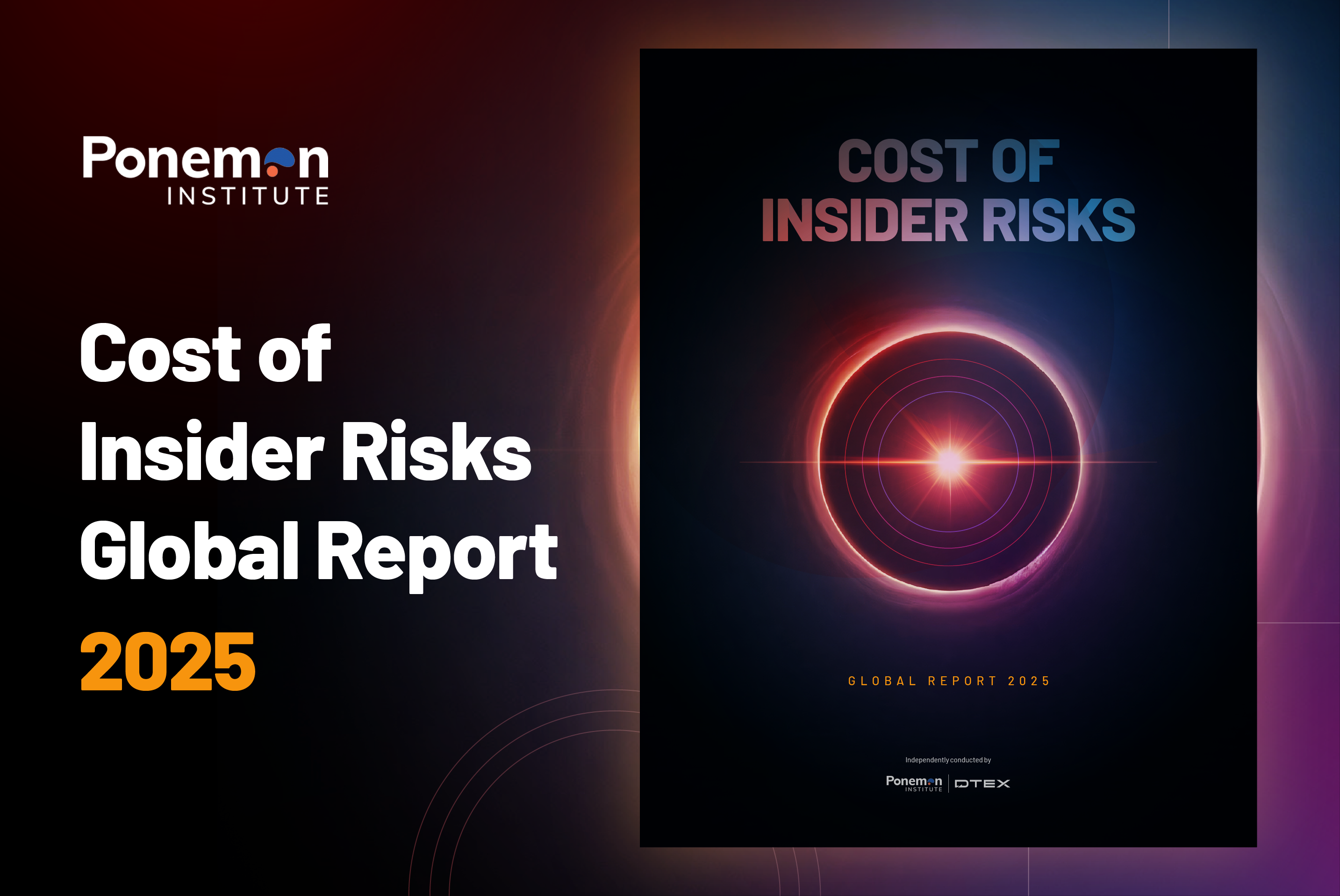Last week, VentureBeat reporter Chris O’Brien took a deep look at some of our research about leading causes of data breaches in the State of California. In Daily horrors of cybersecurity detailed in California’s data breach reports, O’Brien chronicled how the reports posted daily to the California Attorney General data breach reporting website tell grim stories. They include repeated tales of data breaches caused by human error and vulnerable employees. Wrote O’Brien:
A comprehensive IRM program is about allowing organizations to trust their employees while having enough monitoring in place to detect and deter when an employee (intentionally or unintentionally) betrays that trust.
He further supported the position with a quote from our CEO, Christy Wyatt:
Self-Fulfilling Privacy Prophecy
With so many variables to contend with, it is essentially impossible for the average organization to account for every variable and write a rule for all potentially risky scenarios. But rule-based solutions are only as intelligent as the information being fed into them, and they rely completely on the humans who manage them to tell them what to look for. For many analysts with limited bandwidth, this makes it necessary to cast a wide net — generating potentially hundreds, if not thousands, of alerts that require a manual review to verify if a bona-fide threat exists. And has resulted in a constant state of information overload.
What’s more, there’s the challenge of the ‘unknown unknowns.’ The simple fact is that if we don’t know it presents a risk, we won’t know to look for it. If rules and indicators are designed based only on known and available information, without seeking out additional context or intelligence, there will inevitably be things that fall through the cracks.
NEW: Applying behavioral context, advanced analytics, and machine-learning to generate actionable intelligence.
During his testimony before Congress, Facebook Founder, Chairman and CEO Mark Zuckerberg said that government regulation in his industry is “inevitable.” Last Friday, Reuters reported that the administration of President Donald Trump may be pushing the inevitable along.
In Trump administration working on consumer data privacy policy, Sam Shepardson reported:
And …
While it may go without saying that most Americans are in favor of privacy protections, the story also stated:
Public and private sector organizations that want to get ahead in the privacy compliance game are probably safe to conclude that the GDPR will serve, at the very least, as a guidepost that most legislative bodies will consider when crafting laws. Dtex is already helping organizations to meet compliance through products and methods that address specific portions of the reg. For more information, visit:
Dtex Systems Patent Shows that Company is Only User Behavior Intelligence Provider Delivering Insider Threat Detection with Maximum Protection for Employee Privacy
Topics
Subscribe today to stay informed and get regular updates from DTEX Systems
Interested in learning more?
Subscribe today to stay informed and get regular updates from DTEX





